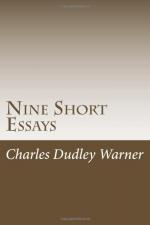On the 21st of April, 1775, a messenger, riding express from Boston to New York with the tidings of Lexington and Concord, reached New London. The news created intense excitement. A public meeting was called in the court-house at twilight, and among the speakers who exhorted the people to take up arms at once, was one, a youth not yet twenty years of age, who said, “Let us march immediately, and never lay down our arms until we have obtained our independence,”—one of the first, perhaps the first, of the public declarations of the purpose of independence. It was Nathan Hale, already a person of some note in the colony, of a family then not unknown and destined in various ways to distinction in the Republic. A kinsman of the same name lost his life in the Louisburg fight. He had been for a year the preceptor of the Union Grammar School at New London. The morning after the meeting he was enrolled as a volunteer, and soon marched away with his company to Cambridge.
Nathan Hale, descended from Robert Hale who settled in Charlestown in 1632, a scion of the Hales of Kent, England, was born in Coventry, Connecticut, on the 6th of June, 1755, the sixth child of Richard Hale and his wife Elizabeth Strong, persons of strong intellect and the highest moral character, and Puritans of the strictest observances. Brought up in this atmosphere, in which duty and moral rectitude were the unquestioned obligations in life, he came to manhood with a character that enabled him to face death or obloquy without flinching,




